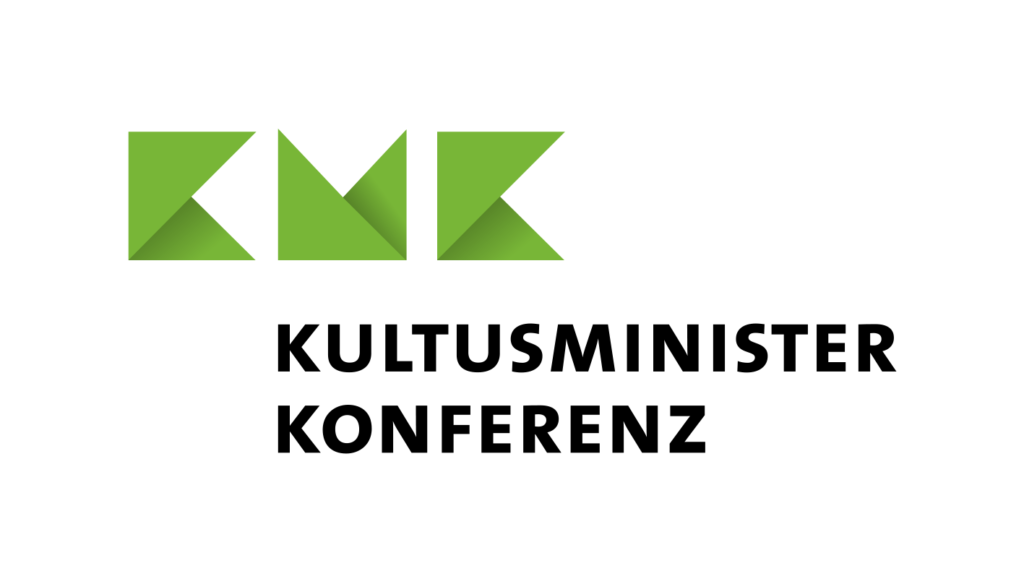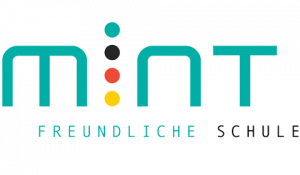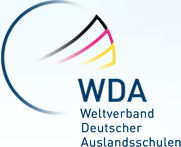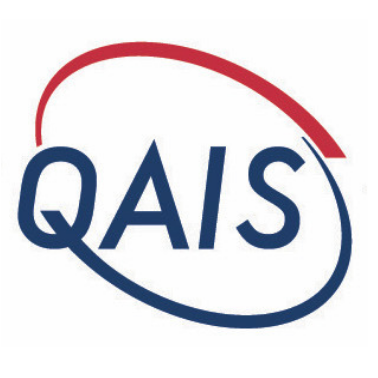Elementary School
Elementary School (Grade 1 – 4)
The elementary school at AvH is small and welcoming. The main language of instruction is German, though both English and French are prominent from grade 1 on. The class size provides ideal conditions for personal development and encouragement of the individual child. A strong sense of community imparts a sense of security and fosters the love of learning.
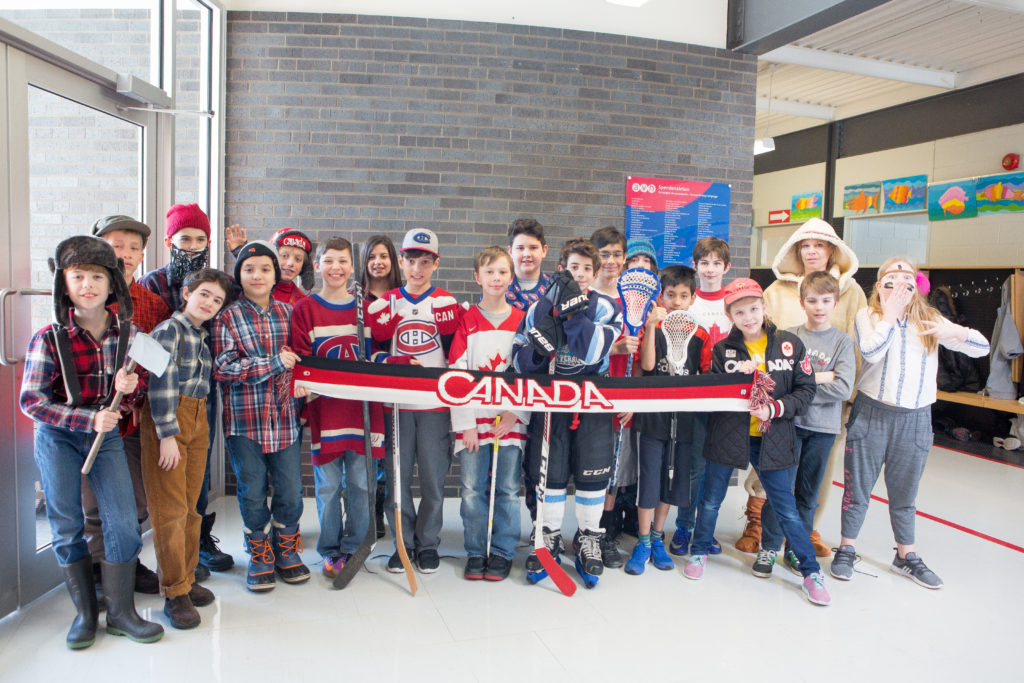
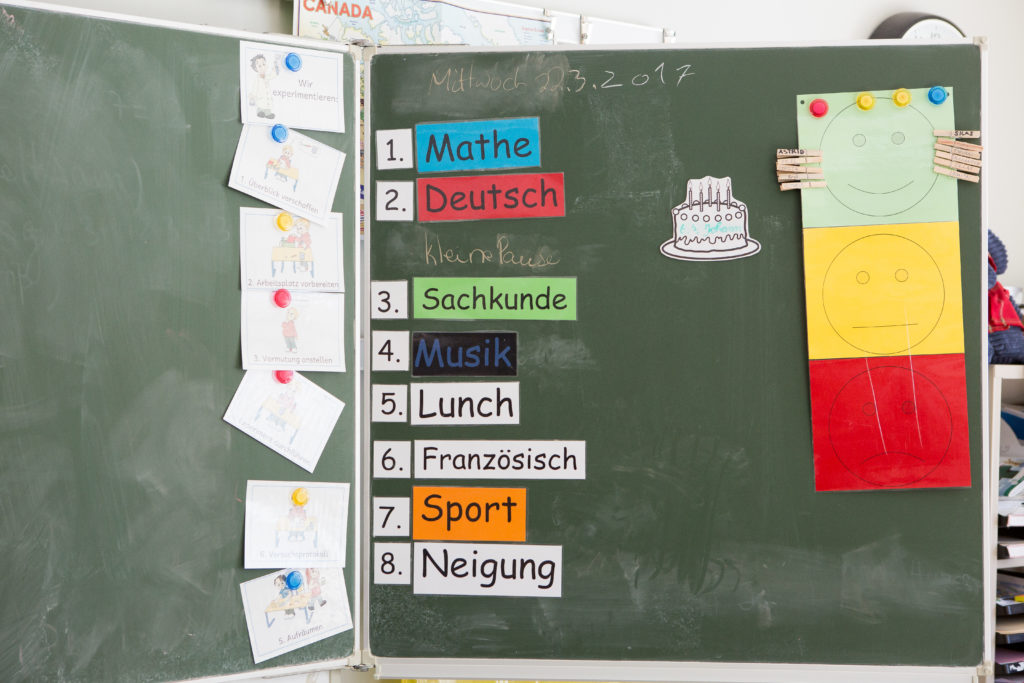
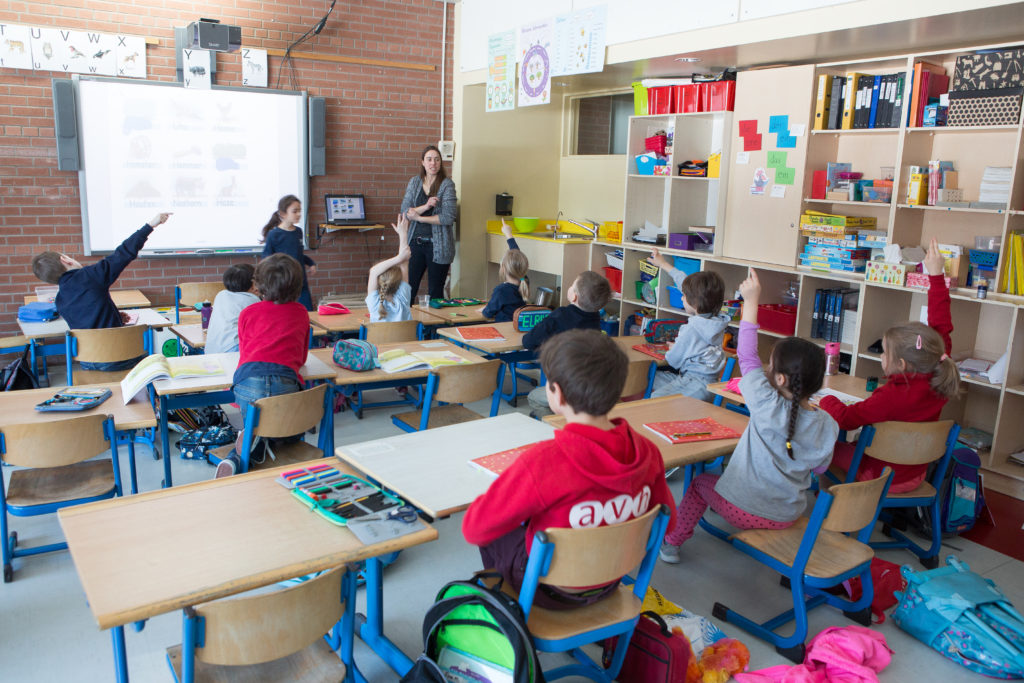
Many of our international and Canadian students do not have a German-speaking background. The students learn the language in preschool and kindergarten through play and they are proud to show off their new capabilities in writing, reading and speaking. All of our teachers speak English and French and are pragmatic about language switching whenever something is not quite clear.
Teaching Guidelines:
- The school follows the education guidelines of Thuringia, a German province known for its high education standards. Additionally, the curriculum also meets all the requirements of the Quebec Ministry of Education.
- Students have the same homeroom teacher for two years: grade 1 & 2 and grade 3 & 4.
- Supervised homework hour takes place on Mondays, Wednesdays, and Thursdays. This is an opportunity for students to finish their German homework, making it easier for families who do not speak German at home!
- On Tuesdays, in the last period, students choose one of the various creative elective classes such as storytelling or arts & crafts.
between 6 and 8 weekly lessons
In addition to systematic vocabulary, grammar and spelling work, creative writing and literature are also part of the curriculum, giving students the opportunity to get to know the many facets of the German language. Reading comprehension is supported by the Antolin online software.
4 weekly lessons
French is taught at the mother-tongue and second-language level, depending on a student’s language skills.
Starting in grade 1, students of the second-language group learn new vocabulary and everyday language through play. French grammar is introduced gradually and reading skills are reinforced step by step, allowing students to quickly apply their knowledge.
Students in the mother-tongue group begin reading French from grade 1 using the phonics method. Beginning in grade 2, they discover short stories, adventure novels or non-fiction books by French and Quebecois authors.
All students participate in French-language cultural events, including theatre performances and activities during the annual “Semaine nationale de la francophonie.”
between 1 and 3 weekly lessons
English is taught on a native-language proficiency level, but accommodations are made for new learners. Reading and writing are introduced and reinforced through workbooks, readers, stories, poems and games.
5 weekly lessons
Activity-oriented teaching supported by a variety of resources allows students to formulate mathematical concepts playfully. Throughout elementary school, they acquire problem-solving skills and learn through discovery. Students not only use common arithmetic strategies, they also develop them autonomously. In math, students learn to think, communicate and discuss mathematic principles while at the same time broadening their vocabulary. Interactive displays through SMART Boards and educational software are used in the classroom.
4 weekly lessons
Social studies are taught on an interdisciplinary basis involving the subjects of German, Mathematics, Arts and Music. Project excursions and workshops on a variety of topics are organized, prioritizing an activity-oriented and student-centred approach.
1 weekly lesson
Religious education is taught on an interdenominational basis. Classes aim at developing intercultural competences.
Moral instruction classes are offered as an alternative to religious instruction. Emphasis is put on the age-appropriate teaching of a sense of responsibility and social values.
2 weekly lessons
In music, students learn to play the glockenspiel and various percussion instruments. They sing many songs in different languages and move to music through dance and body-percussion. In addition, the children get to know familiar musical stories or fairy tales like “Peter and the Wolf” and “Hansel and Gretel.” They attend concerts or ballets such as The Nutcracker. To deepen their knowledge of music, students can join the choir and “miniband”.
2 weekly lessons
At AvH, art means more than just painting with watercolours and drawing with crayons. A rich variety of materials allow the children to gain a diversity of design experiences and try out novel techniques. Playful work reflections awaken the curiosity of the children to the works of well-known artists.
3 weekly lessons
Physical education plays an important role at AvH. Our exceptional athletic facilities include two gyms, a soccer field, a running track and an outdoor multi-purpose court enabling to offer a wide range of activities associated with the development of an active and healthy lifestyle. Grade 3 students even take swimming lessons for half a year!
The school year is divided into two terms: September to January and February to June. Therefore, students receive one report card in January and one on the last day of school in June.
Beyond the classroom
At AvH, education is not limited to regular lessons; dedicated teachers organize many outings and events which play an important role in building team spirit and putting learning into a societal context. Field trips and visits to museums and theatres allow students to get to know Quebec culture, history, and nature Learn more
Moving on to high school
At AvH, high school entrance examinations are not required for elementary school students. The successful completion of Grade 4 indicates that the child is well prepared and has the necessary prerequisites to thrive in the higher grades.

